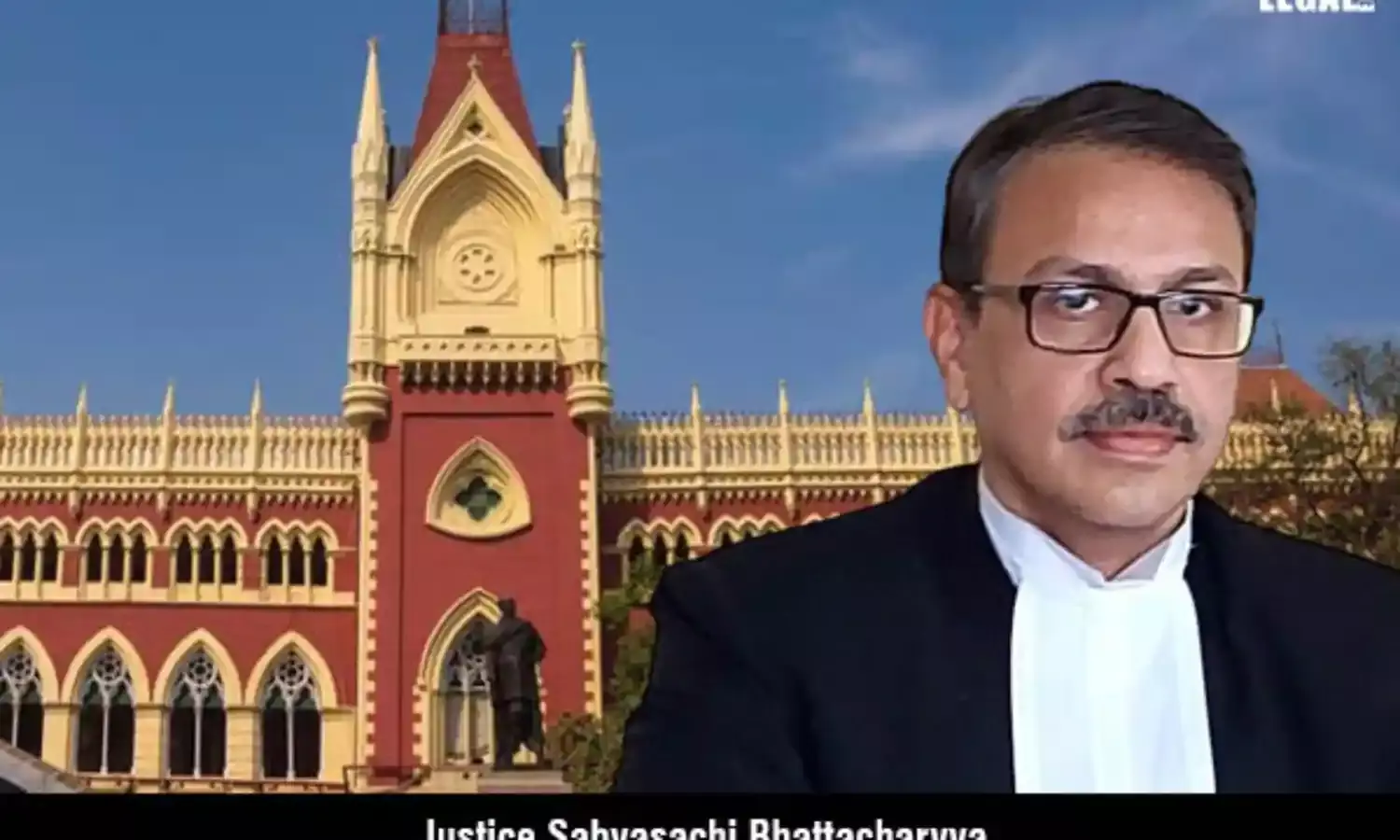Calcutta High Court: Allegations Of Fraudulent Signatures On Arbitration Agreements To Be Decided By Arbitrator, Not Court Under Section 11
Justice Sabyasachi Bhattacharyya of the Calcutta High Court has, recently ruled that allegations concerning a party’s;

Calcutta High Court: Allegations Of Fraudulent Signatures On Arbitration Agreements To Be Decided By Arbitrator, Not Court Under Section 11
Justice Sabyasachi Bhattacharyya of the Calcutta High Court has, recently ruled that allegations concerning a party’s signature on an arbitration agreement being obtained through fraud or misrepresentation are matters to be decided by the arbitrator, not the court under Section 11 of the Arbitration and Conciliation Act, 1996. The court further noted that the arbitral tribunal, similar to a civil court, has the authority to appoint experts when complex issues, such as fraud or misrepresentation, require expert opinion.
Ranajit Guha Roy and another petitioner sought resolution under Section 11 of the Arbitration and Conciliation Act, 1996, for disputes arising from a development agreement with landowner Sankar Kumar Halder. The petitioners argued that the agreement, which included an arbitration clause, should lead to arbitration due to the respondent’s admissions regarding the agreement in various complaints. They asserted that the respondent's current opposition to arbitration contradicted these earlier admissions.
The respondent contested the application’s maintainability under Section 11, arguing that the term "Court" refers to the court with original territorial jurisdiction. The respondent claimed the dispute was outside the High Court's jurisdiction and that the agreement was obtained through misrepresentation, exploiting the respondent’s marginalized status. Additionally, the respondent had initiated several cases before various forums, including the Scheduled Caste Commission, arguing that these disputes were not subject to arbitration.
The High Court dismissed the respondent's objections. On jurisdiction, the court clarified that Court under Section 2(1)(e) of the Arbitration Act differs from "High Court" and "Supreme Court" under Section 11. The High Court held that Section 11 pertains to the High Court or Supreme Court, with the High Court of West Bengal having the authority to hear such matters.
The court addressed concerns about pending criminal cases and special statute cases, noting that these were civil disputes related to the development agreement, and their resolution would be handled by appropriate forums. The High Court emphasized that these issues did not affect the civil nature of the dispute.
Regarding the allegation of fraud or misrepresentation in obtaining the respondent's signature, the High Court ruled that such issues should be resolved by the arbitrator. The court noted that the arbitral tribunal has the power to appoint experts for complex issues but that the court under Section 11 does not adjudicate merits or validity based on allegations of fraud. The High Court’s role is administrative, and it cannot determine the merits of the dispute at this stage.
The High Court also addressed the respondent's concerns about the agreement's provisions, stating that these issues are to be resolved by the arbitrator once appointed. The court concluded that none of the respondent's objections negated the arbitration clause’s applicability.
The High Court appointed Mr. Shounak Mukhopadhyay, a member of the Bar Library Club, as the sole arbitrator to resolve the disputes between the parties.


